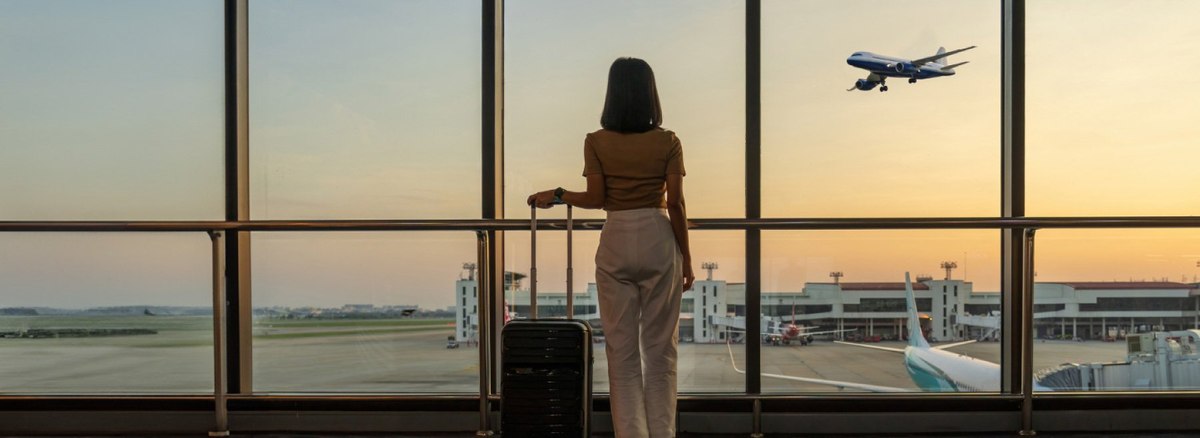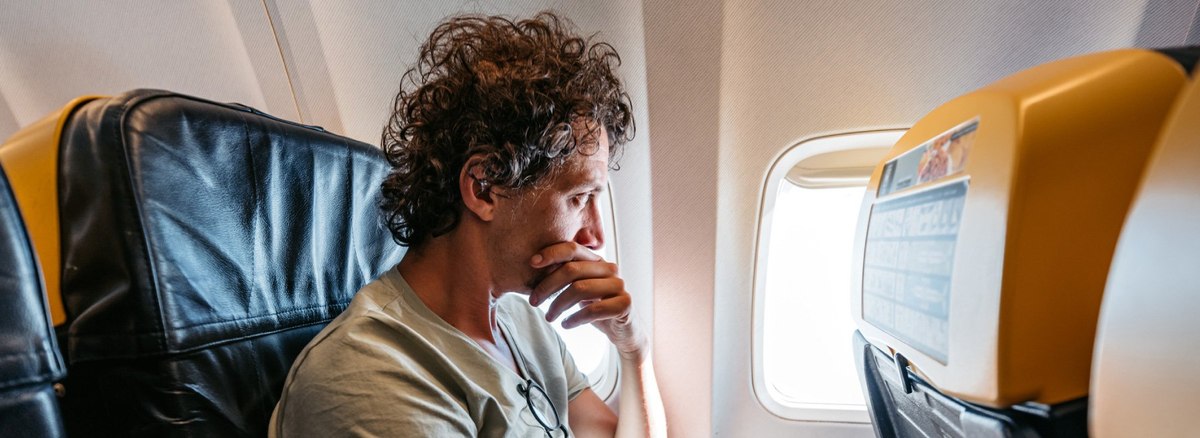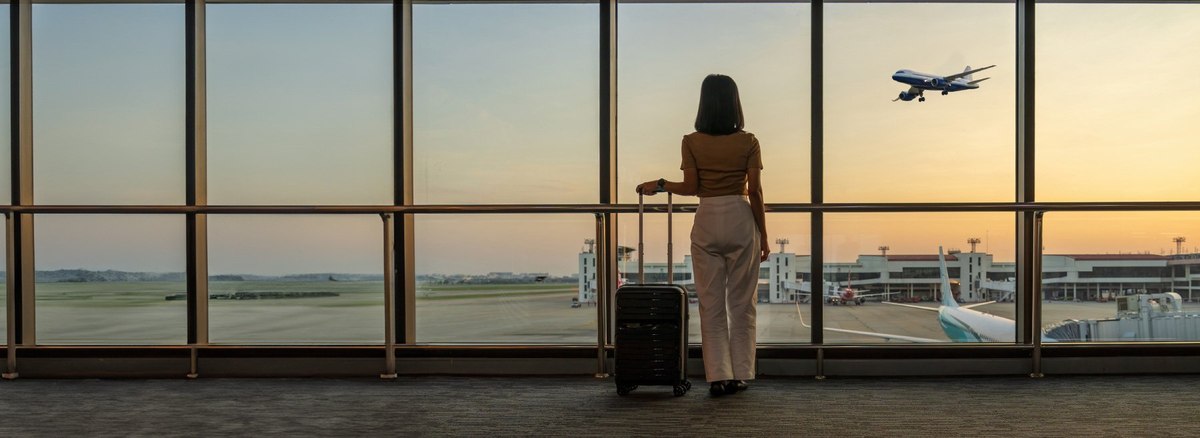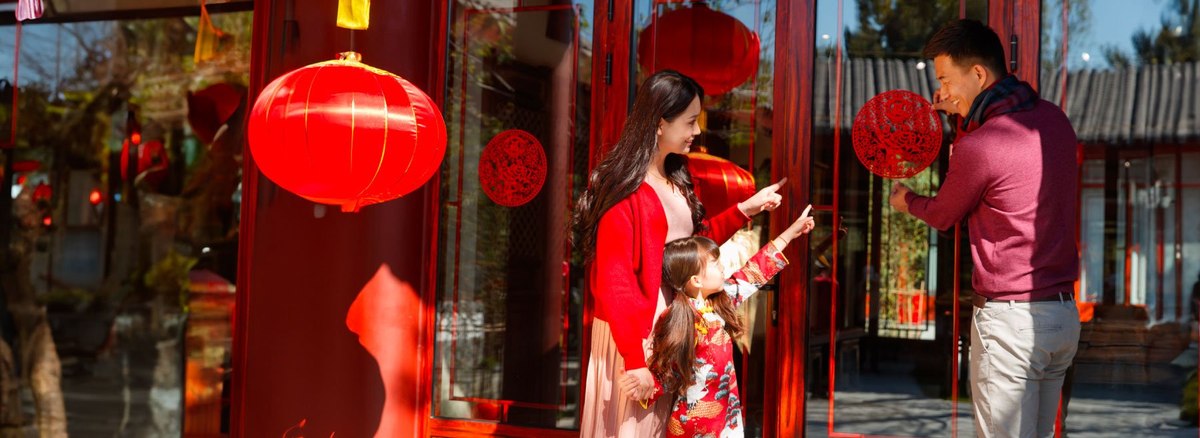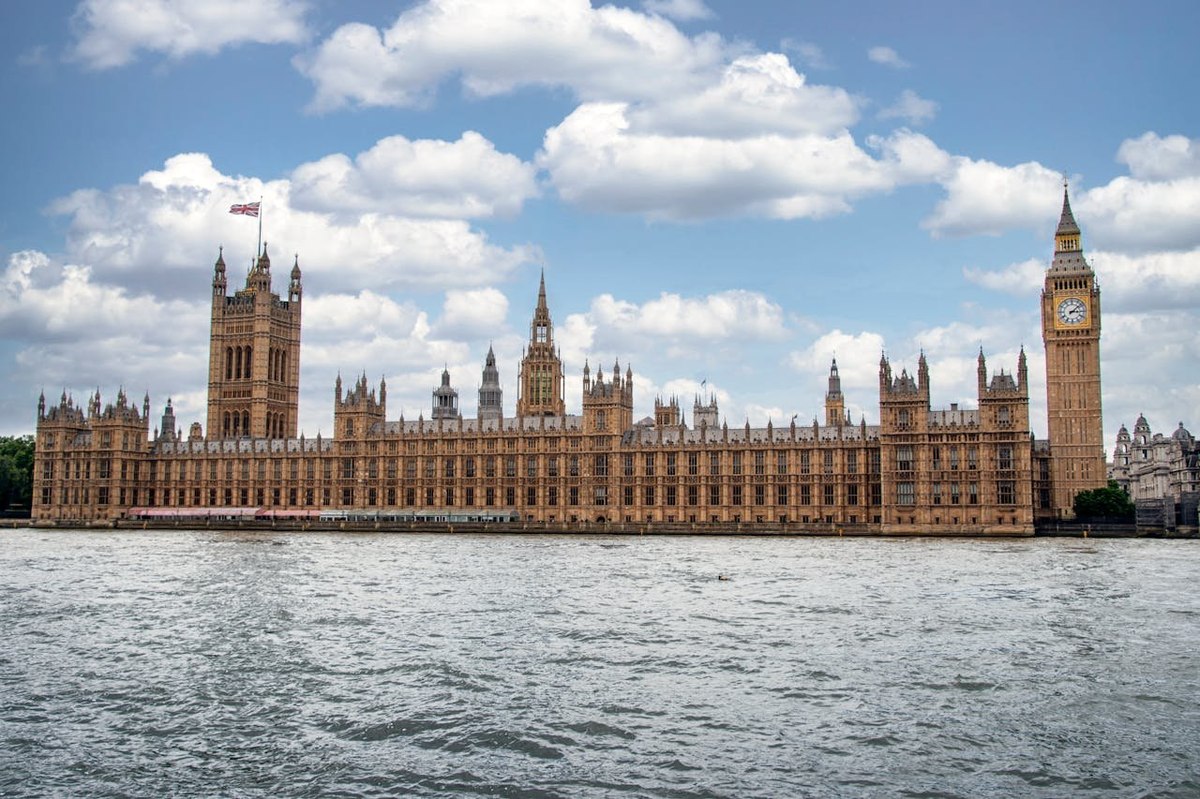
Eco-friendly or eco-fake: Britons' perceptions of greenwashing by hotels
With environmental consciousness permeating various aspects of their daily lives, Britons are becoming increasingly inclined to make eco-friendly travel choices. In response, the hospitality industry has embraced sustainability as a compelling selling point. In terms of travel accommodation, this often looks like messaging that highlights a hotel's green awards, green initiatives, sustainable supply chains and more. However, amidst the marketing hype, the phenomenon of greenwashing has raised scepticism about the authenticity of such claims.
A recent YouGov Surveys: Serviced study reveals that more than six out of ten Britons (69%) plan to take a leisure trip - domestic and/or international - in the next 12 months. This article examines the attitudes of these leisure travellers towards sustainable travel accommodation and unravels the dynamics between their expectations and the actual practices implemented by hotels.
More than two out of five leisure travellers in Britain say that environmental issues are ‘somewhat’ or ‘very’ important to them when choosing a hotel or travel accommodation (42%).
However, data from the survey reveals that the importance placed on green issues drops the older respondents get. While half of our 18-34-year-old respondents (50%) say green issues are important when picking a hotel, this proportion falls to less than two out of five amongst those aged 55 and above (37%).
Clearly, sustainability is an important consideration for prospective leisure travellers in Great Britain. But do these travellers spend any time learning about a travel accommodation’s green policies and, if so, where do they usually gather such information?
While more than a third of all leisure travellers say they have never learnt about a hotel’s environmental practices (33%), less than a tenth of leisure travellers who think green issues are an important factor in their choice of hotels, say the same (9%).
Nearly seven out of ten leisure travellers for whom green issues are important say that they usually learn about a travel accommodation’s green efforts through the provider’s website (69%), followed by nearly a third who do so using social media (29%) and word of mouth (27%).
A closer look at the data also tells us that a hotel or travel accommodation’s green claims are substantially likelier to influence leisure travellers who think green issues are important (19%) compared to an average of all prospective leisure travellers in Great Britain (9%).
Notably, when asked about exaggerated green claims, more than a third of Britons intending to take a domestic and/or international leisure trip in the next 12 months (35%) revealed that they have, at some point, come across such misleading claims.
Amongst these British leisure travellers who have, at some point, come across false green claims by travel accommodations, one out of three say hotels mislead in their claims about reducing waste and pollution (30%). This is followed by nearly a third of respondents who say hotels have exaggerated their policies and practices about reducing carbon emissions (28%), energy consumption (28%) and water consumption (27%).
Less than a fifth of respondents indicate that they have been misled about a hotel’s activities to support local communities (19%) and environmental causes (18%) while more than one in ten have come across misleading or spurious green certifications (11%).
However, misinformation is only a part of the problem. “Token sustainability efforts” - small steps towards sustainability presented as significant environmental initiatives, but those that do not adequately address larger sustainability concerns – are also a major cause for worry.
An insight into the perspective of British leisure travellers reveals that more than three out of eight respondents (39%) consider the practice of paperless check-in a ‘token sustainability effort’ followed by 34% who feel the same way about towel reuse programs.
Nearly one out of five respondents think sustainable décor (18%), green cleaning products (18%) and energy-efficient appliances (17%) are token sustainability efforts too.
Interestingly, female leisure travellers in Britain are substantially likelier than their male counterparts to think of the towel reuse program (38% vs. 29%) merely as a token green practice. Our female respondents are also more likely to think of paper/metal straws and reusable guest water bottles as token efforts compared to our male respondents (31% vs. 28% and 23% vs. 20% respectively).
On the other hand, men are far more critical of carbon offset programs and on-site greenhouses than women (31% vs. 22% and 12% vs. 8% respectively).
Evidently, greenwashing is a prevalent problem in the world of sustainable tourism. There is also a clear gap between the expectations of the eco-traveller and the green practices hotels implement or claim to implement. Given the rising awareness and consciousness amongst consumers about the actual implementation of green practices, commitment to their green claims can be a key factor for hotels and travel accommodations to gain long-term consumer loyalty and prosperity.
Explore our living data – for free
Discover more travel and tourism content here
Want to run your own research? Run a survey now
Make smarter business decisions with better intelligence. Understand exactly what your audience is thinking by leveraging our panel of 20 million+ members. Speak with us today.
Methodology: YouGov Surveys: Serviced provide quick survey results from nationally representative or targeted audiences in multiple markets. This study was conducted online from March 27-28, 2023, with a nationally representative sample of 2,159 adults in Great Britain (aged 18+ years), using a questionnaire designed by YouGov. Data figures have been weighted to be nationally representative. Learn more about YouGov Surveys: Serviced.
Photo by Pille R. Priske on Unsplash











